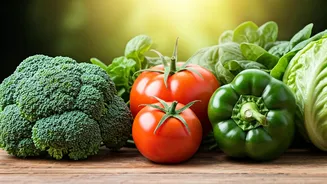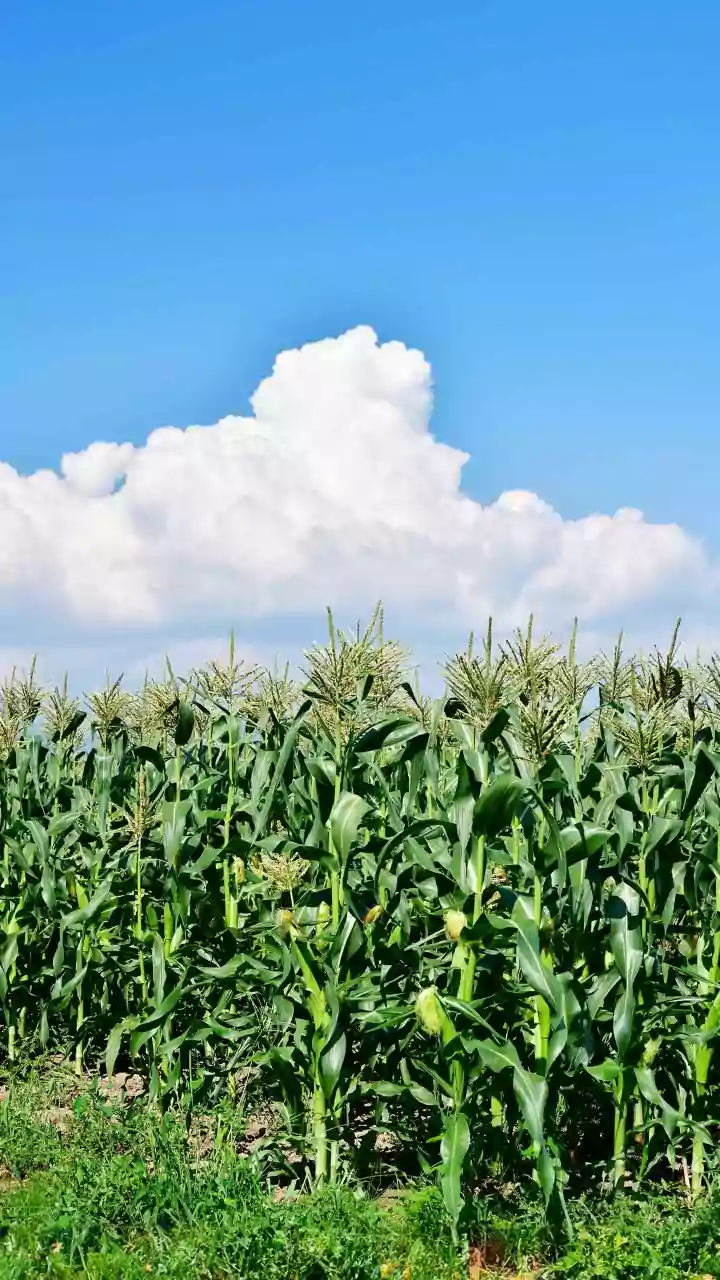Introduction: Diabetes And Veggies
Diabetes management is a multifaceted process, and diet plays a central role. Several vegetables are low in carbohydrates, high in fiber, and packed with
vitamins and minerals, making them ideal for people with diabetes. These vegetables can help improve insulin sensitivity and regulate blood sugar. When incorporated into your daily meals, these options will offer various health benefits. Choosing the right vegetables provides a delicious way to take control of your health and well-being. These vegetables provide the nutrients you require while keeping your blood glucose levels in check, as well as supplying you with a variety of vital nutrients.
Leafy Greens Powerhouse
Leafy green vegetables are nutritional powerhouses and a cornerstone of a diabetes-friendly diet. Spinach, kale, and collard greens are low in carbohydrates and calories. They are abundant in vitamins A, C, and K, as well as minerals such as calcium and iron. Their high fiber content slows down the absorption of glucose, preventing spikes in blood sugar. These greens provide essential vitamins and minerals without significantly impacting blood sugar levels. Include these greens in salads, smoothies, or sautéed dishes. They provide a tasty and effective method for improving your health. Their versatility also allows for many different ways to incorporate them into your daily meal plans.
Non-Starchy Vegetables
Non-starchy vegetables are another excellent choice for people with diabetes because of their low carbohydrate content. Broccoli, cauliflower, and bell peppers are among the vegetables that fall into this category. They are rich in vitamins, minerals, and antioxidants. These vegetables also offer a significant amount of fiber, which aids in blood sugar control. They have a low glycemic index, which means they do not cause rapid increases in blood glucose levels. They can be roasted, steamed, or added to stews and stir-fries. They enhance both the taste and nutritional value of your meals. These options provide essential vitamins and minerals, contributing to overall health.
Cruciferous Wonders
Cruciferous vegetables, such as cabbage and Brussels sprouts, provide multiple health benefits and are very suitable for people with diabetes. They are low in carbohydrates and high in fiber, promoting slow glucose absorption. These vegetables contain glucosinolates, which have been linked to improved insulin sensitivity. Furthermore, they are rich in vitamins and antioxidants, aiding in overall health. You can enjoy them roasted, steamed, or added to salads and soups. These vegetables are versatile, simple to prepare, and can improve your blood sugar management and general health. They bring both flavor and essential nutrients to the table.
Fiber-Rich Beans
Beans are a fantastic addition to the diet of someone with diabetes, as they are a fiber-rich food. They are low in carbohydrates and have a low glycemic index. These contribute to stable blood sugar levels. Beans contain both soluble and insoluble fiber, which promote heart health and digestive regularity. Beans also provide plant-based protein, which aids in satiety and helps manage weight. You can add them to soups, salads, and stews. They are a versatile and nutrient-dense choice that supports blood sugar control and overall well-being. The inclusion of beans in your meals provides long-lasting energy. They offer various health benefits.





















